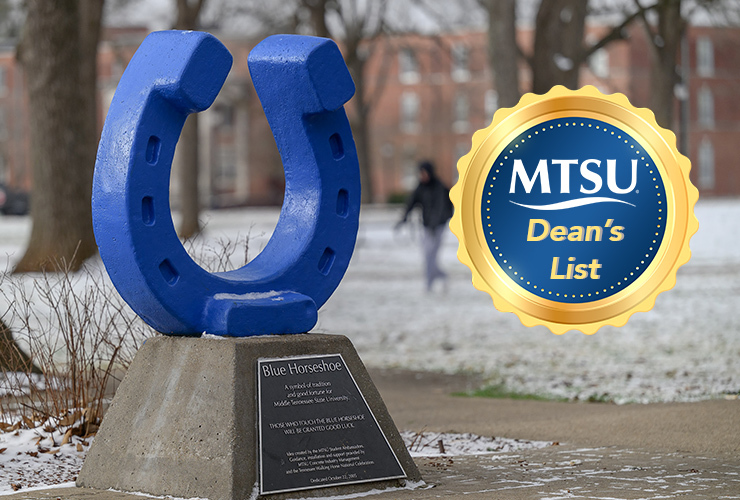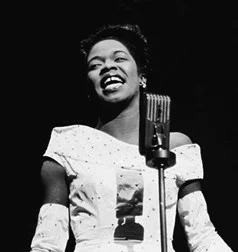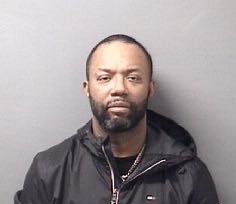Every two years, South Carolina Republicans come together for a critical grassroots process known as Party Reorganization—a foundational tradition that empowers local conservatives to shape the future of the SCGOP.
This year, hundreds of York County Republicans participated in the process, which began in March with neighborhood-level “precinct” meetings where new precinct officers and county delegates were elected. These delegates will then attend the county convention in April to choose state delegates for the South Carolina Republican Party State Convention in May.
The reorganization effort isn’t just about internal leadership—it’s also a launchpad for broader party engagement and influence. For 2025, it comes at a pivotal time, as party members and elected officials debate the future of how Republican candidates should be selected.
At the heart of the debate is the long-standing practice of open primaries, where any registered voter, regardless of party affiliation, can vote in either the Democratic or Republican primary. Many conservatives argue that this system allows Democrats and independents to influence GOP elections, potentially leading to candidates who do not fully represent Republican values. To address this concern, State Senator Wes Climer (R-York) and State Representative Brandon Newton (R-Lancaster) have introduced legislation to implement closed primaries, requiring voters to register with a political party before participating in its primaries.
Push for a Convention System Sparks Controversy
While many York County Republicans support the transition to closed primaries, a more extreme proposal has emerged—abolishing primaries altogether in favor of a convention system. Under this model, party delegates would select candidates instead of voters casting ballots in a primary election.
Advocates of this approach argue that a convention would ensure only committed party members influence candidate selection, preventing what they see as “moderates” or “Republicans In Name Only” (RINOs) from securing nominations. A faction of conservatives, including members of the “America First Movement,” has been promoting this idea across multiple South Carolina counties.

“The Swamp has managed to rig the primary system to the point where we the people no longer have a voice,” read an email circulated among York County Republicans, claiming that a convention system is “the only way we can completely change the dynamics.” Supporters contend that the current primary system is vulnerable to manipulation by outside influences, including media bias and crossover voting by Democrats.
Caitlin Boyle, a vocal advocate for closing the primaries, emphasized the need for tighter party control over candidate selection. “As conservatives, we must protect the integrity of our party, and that begins with closing the primaries to stop Democrats from crossing over and weakening our Republican candidates,” Boyle said.
Opposition: Threat to Voter Participation and Party Unity
Despite the support for closed primaries, many Republicans are strongly opposed to eliminating primaries entirely. Critics argue that switching to a convention system would limit voter participation, handing control over candidate selection to a small group of party insiders.
“They want to hand-pick every single Republican nominee… without giving you a say,” read a counter-argument circulating among party members, warning that the move would “silence” voters and lead to backroom deals rather than transparent elections.
Representative Brandon Guffey (R-York) has publicly denounced the convention proposal, arguing that it would disenfranchise thousands of Republican voters. He supports Climer’s push for closed primaries but believes eliminating primaries altogether would be detrimental to the party’s future.
Opponents also warn that moving to a convention system could lead to internal fractures within the party, alienating moderates and more traditional conservatives. Some fear that a system designed to ensure ideological purity could, in turn, weaken the party’s chances in general elections.

Can South Carolina Close Its Primaries?
While transitioning to a closed primary system is possible, it requires significant political maneuvering. Under South Carolina law, a party can switch to closed primaries if three-fourths of its convention delegates vote in favor of the change. However, despite strong GOP support for closing primaries, past attempts to make the switch have repeatedly failed.
Local GOP chair Larry Barnett acknowledged that the push to close primaries has been ongoing for two decades but has never gained enough traction to pass. Even with overwhelming Republican support, lawmakers have been unable to enact the change at the state level.
The Road Ahead for the SC GOP
The ongoing debate over primary elections and candidate selection highlights a deep divide within South Carolina’s Republican Party. The outcome of this battle could reshape how candidates are chosen for years to come, impacting elections at the local, state, and national levels.
As the debate continues, all eyes are on the state legislature and GOP leadership to determine whether South Carolina’s primaries will remain open to all voters or shift toward a closed—or even convention-based—system. The decisions made in the coming months could have significant consequences for Republican politics in York County and beyond.
Sign up for our Sunday Spectator. Delivered to your inbox every Sunday, with all the news from the week.










